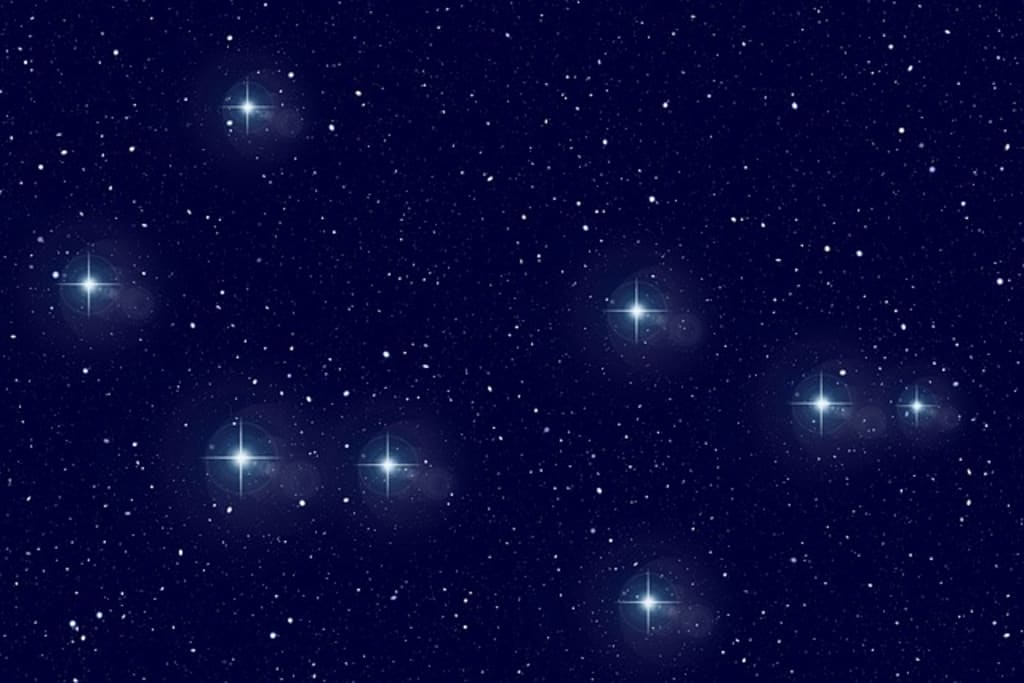How Astrology Can Help You Discover Your Life Path
astrology

Astrology is a belief system and pseudoscience that posits a connection between the positions and movements of celestial bodies, such as planets and stars, and events and traits on Earth, particularly in relation to human lives and personalities. It is often considered a metaphysical or spiritual practice rather than a scientifically proven discipline.
Astrology is grounded in the concept that the positions of celestial objects at the time of a person's birth can influence their character, behavior, and destiny. Astrologers create horoscopes, which are personalized charts or interpretations based on the positions of the sun, moon, planets, and other celestial bodies at a specific moment. These charts are often divided into twelve astrological signs, associated with specific time periods and represented by zodiac symbols.
Critics argue that astrology lacks empirical evidence to support its claims and that its explanations rely on vague, generalized statements known as the "Barnum effect," where people perceive vague or general statements as personally meaningful. While horoscopes may occasionally resonate with individuals, this could be due to psychological factors rather than any objective cosmic influence.
Despite its scientific skepticism, astrology continues to have a strong following worldwide, with many people finding personal meaning and guidance in its interpretations. It often intersects with New Age spirituality and self-help practices. However, it's important to approach astrology with a critical mindset and an understanding of its unproven nature.
Astrology operates on the idea of a zodiac, a band in the sky divided into twelve equal segments, each associated with a specific astrological sign. These signs are commonly known as the "zodiac signs." Each sign is attributed certain personality traits, characteristics, and tendencies. Astrologers create birth charts, also known as horoscopes, which map the positions of celestial bodies at the exact moment of an individual's birth. These charts are used to interpret and predict various aspects of a person's life journey, relationships, career, and more.
Astrology has different branches, including natal astrology, which focuses on individual birth charts; horary astrology, which answers specific questions; and mundane astrology, which examines the influence of celestial events on broader societal trends and world events.
While astrology has captivated human imagination for centuries and remains popular in various cultures, it is often criticized by the scientific community for lacking empirical evidence to support its claims. The Barnum effect, where vague and general statements are perceived as highly personalized and accurate, has been proposed as an explanation for why many individuals feel a connection to astrological descriptions.
Whether approached as a form of entertainment, a cultural tradition, or a personal belief system, astrology continues to inspire discussions about the nature of destiny, personality, and the interplay between the cosmos and human existence.
The human tendency to find patterns, seek meaning, and search for guidance in uncertain times has likely contributed to astrology's enduring popularity. However, it's essential to recognize that correlations drawn from celestial positions are often vague and open to interpretation, and any accuracy experienced by individuals might be attributed to cognitive biases rather than cosmic forces.
conclusion:
astrology is a complex and deeply ingrained belief system that seeks to establish connections between celestial phenomena and human experiences. It has been practiced for centuries and continues to capture the interest and fascination of people worldwide. While astrology holds a special place in cultural traditions and personal spirituality for many, it lacks empirical evidence and scientific validation to substantiate its claims.
However, it's essential to recognize that correlations drawn from celestial positions are often vague and open to interpretation, and any accuracy experienced by individuals might be attributed to cognitive biases rather than cosmic forces.
About the Creator
Farzana shaik
Beaches In Venice, Italy, offer a unique and captivating experience for visitors seeking a combination of sun, sea, and history.
Enjoyed the story? Support the Creator.
Subscribe for free to receive all their stories in your feed. You could also pledge your support or give them a one-off tip, letting them know you appreciate their work.





Comments
There are no comments for this story
Be the first to respond and start the conversation.